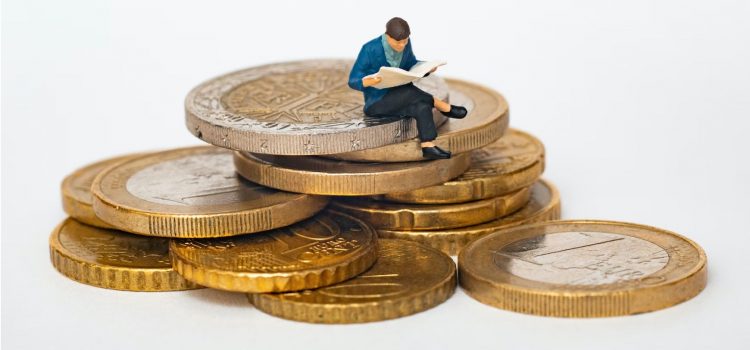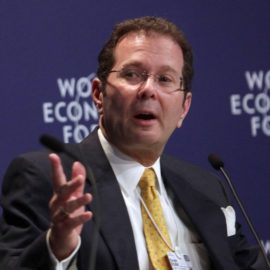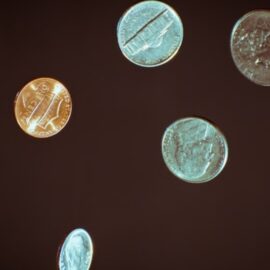
This is a free excerpt from one of Shortform’s Articles. We give you all the important information you need to know about current events and more.
Don't miss out on the whole story. Sign up for a free trial here .
What is greedflation? Why is it controversial? Is it just a conspiracy theory?
Some economists say companies are using inflation as an excuse to ratchet up prices to profit excessively. Known as “greedflation,” this practice comes at the expense of American consumers. Mainstream economists have been skeptical of the greedflation concept, with some calling it a conspiracy theory.
Keep reading to learn about greedflation and the opposing viewpoints as to its existence.
What Is Greedflation?
What is greedflation? Greedflation refers to companies using inflation as an excuse to ratchet up prices to profit excessively. Some economists say it’s been driving up US inflation, which soared during the pandemic.
Experts say the greedflation concept became politically polarized as interest rates rose—Republicans blamed the Biden administration for inflation, while Democrats railed against oil and other large corporations’ surging profits.
So, is greedflation real, or a paranoid conspiracy theory?
View 1: There’s No Such Thing as Greedflation
Mainstream economists, companies, and others argue that corporate greed isn’t driving inflation. Some have mocked greedflation’s leading proponent and said greedflation is a conspiracy theory. They argue that:
- Companies aren’t being greedy by raising prices—they had to do it to compensate for rising costs from the COVID-19 pandemic, labor challenges, and war in Ukraine.
- Companies’ rapid price increases aren’t “profit-led.” Instead, US households, long-constrained by pandemic-related lockdowns and supply chain woes, have contributed to price hikes by creating outsized demand for goods and services.
- The very concept of greedflation is bunk: Businesses have amplified prices not out of greed, but because they operate in a capitalist society.
View 2: Greedflation Is Real
A growing number of mainstream economists have warmed to the concept of greedflation, including former Fed vice chair Lael Brainard, UBS Global Wealth Management chief economist Paul Donovan, and European Central Bank executive board member Fabio Panetta. Experts who support the greedflation theory say there’s ample evidence of the problem, including that:
- Many US companies have continued to increase their prices even as oil, transportation, raw materials, and other prices have fallen as the impacts of the pandemic and war in Ukraine have waned.
- Although companies say they must hike prices to cover increased costs, their costs are going down.
Some contend that inflation will remain far higher than necessary because of companies’ greed—a theory some businesses have fed by saying they’ll continue to raise their prices, a strategy that’s helped many pad the coffers.
Looking Ahead
Experts who say that corporate greed is driving inflation argue that companies will continue to raise prices because there hasn’t been enough pushback to make them stop. Demand for goods in many industries has been strong enough to enable companies to charge excessively high prices.
On the other hand, some economists believe the price-hiking trend is on its way out: Consumers appear to be cutting back on more expensive purchases, and Americans most sensitive to price changes are bypassing higher-priced goods and searching for better deals. As a result, shares for companies like Dollar Tree, PepsiCo, and McDonald’s have fallen, as sellers worry about their ability to continue to raise profits.

Want to fast-track your learning? With Shortform, you’ll gain insights you won't find anywhere else .
Here's what you’ll get when you sign up for Shortform :
- Complicated ideas explained in simple and concise ways
- Smart analysis that connects what you’re reading to other key concepts
- Writing with zero fluff because we know how important your time is






